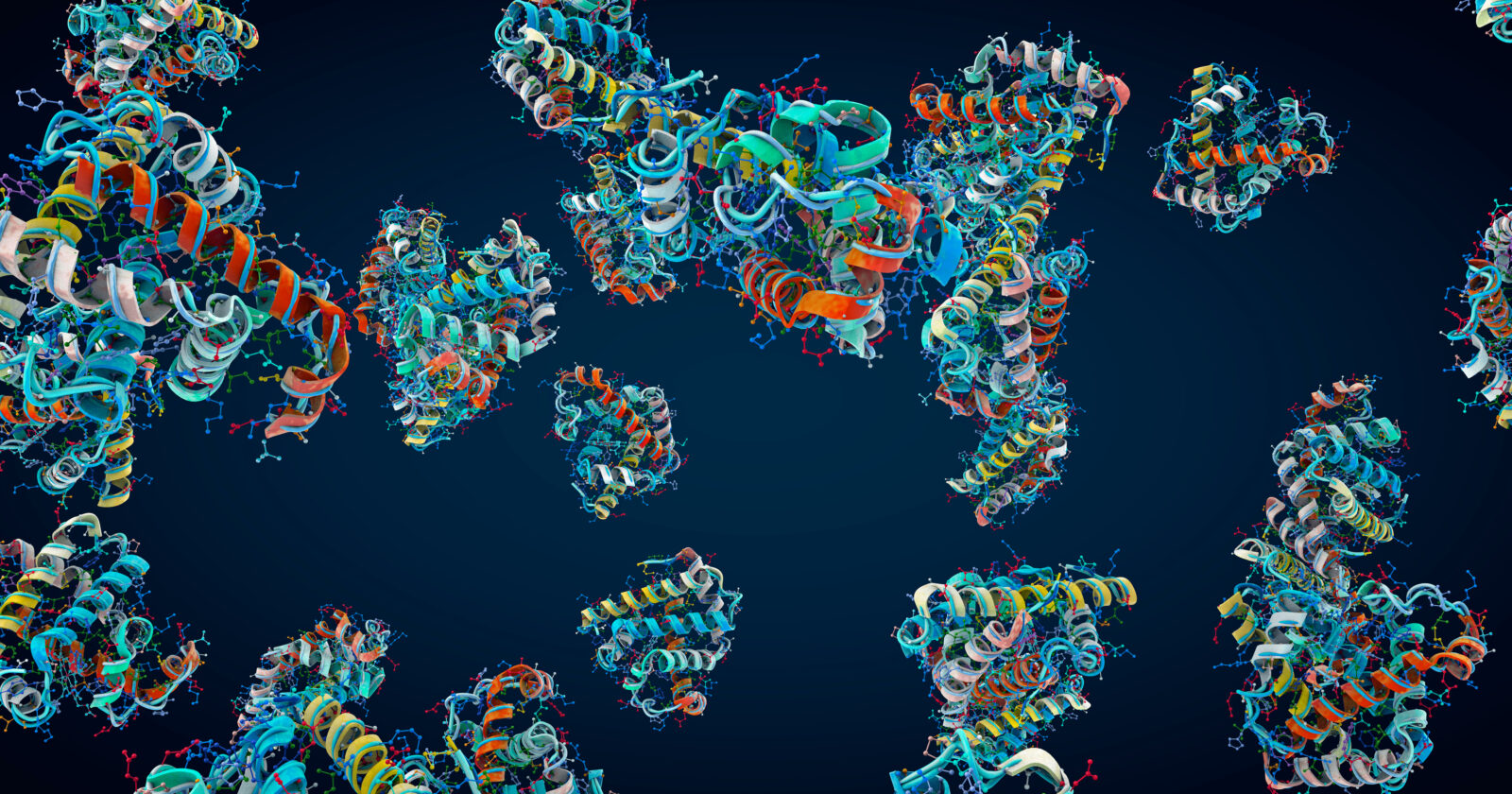


Protein Evolution, The Waiting Times Problem, and the Intriguing Possibility of Two First Parents

Did Chess Ace Hans Niemann Cheat? A Design Detection Poser
On this ID the Future, mathematician William Dembski and host Eric Anderson explore whether design detection tools shed any light on the recent chess scandal involving world chess champion Magnus Carlsen and American grandmaster Hans Moke Niemann. Did Niemann cheat in a match where he beat Carlson, as some have claimed? There is no smoking gun in the case, so how might one determine if cheating occurred? At first glance the problem might seem far removed from the design detecting rules and tools Dembski laid out in his Cambridge University Press monograph The Design Inference. But actually there is some intriguing overlap. Is there a way to dig into the chess data and determine whether Niemann secretly used a computer chess engine to help him win the match? Tune in as Dembski and host Eric Anderson wrestle with the problem.

Axe’s Not-So-Secret Guide to Making Cookies and Dragonflies
This ID the Future brings in protein scientist Douglas Axe to discuss his contribution to a new book, The Comprehensive Guide to Science and Faith. Axe and host Casey Luskin discuss Axe’s thinking on the design intuition, the evidence that it’s triggered almost universally in small children when they observe things like dragonflies or fresh-baked cookies, and why he’s convinced that this intuition is a rational one rooted in our true sense of what sorts of things require know-how for their creation. For those who retort “Science!,” Axe has some of that to offer as well. As he tells Luskin, he led an experiment at a lab in Cambridge, England, on the abilities and limits of an enzyme to evolve. The research findings on this protein, beta-lactamase, were published in a prestigious, peer-reviewed research journal, and showed that while the enzyme does mutate, the odds of it randomly mutating to a fully novel function are so slim as to place such an event beyond the reach of chance, even if we give all the life forms that have ever existed on Earth a go at the challenge. The Petri dishes don’t lie. The numbers don’t lie. So why do so many academic biologists and other scholars resist the design implications of Axe’s research? For many it’s because they are theophobes, says Axe. He explains the term and, for evidence, points to a noted contemporary philosopher who frankly admits to being one.